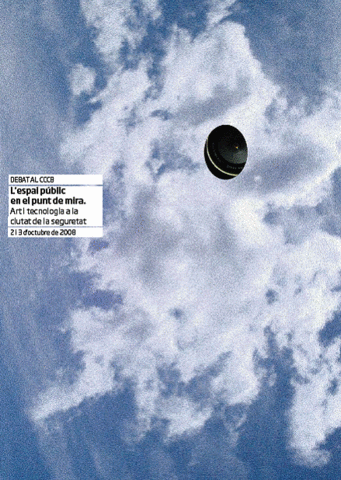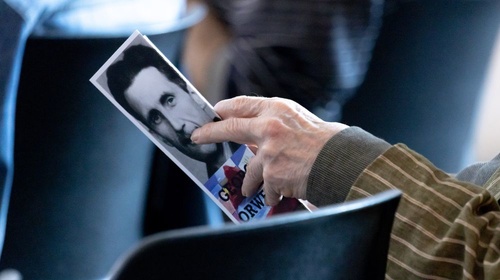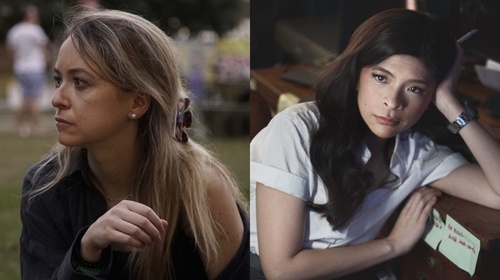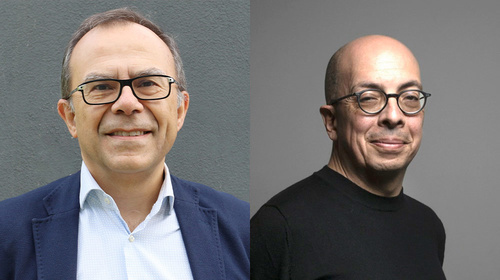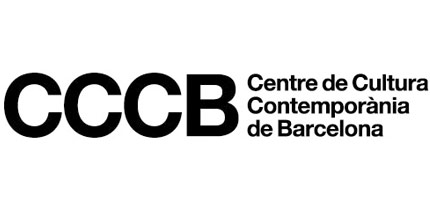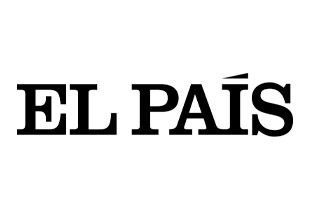Targeted Publics:
Arts and Technologies of the Security City
Debate
Free
The struggle against international terrorism has meant that any individual using public space in a Western city is seen as a potential focus for the mechanisms of control that watch us in order to protect us. The post-9/11 security city scrutinises both the architecture of public spaces and the movements of people in the urban setting.
These technologies of security are increasingly concerned with the prosaic activities of everyday life, recording the comings and goings of people in the streets and in different kinds of transport, and constantly checking their identity. In our immediate environment there is a battery of wide-sweeping security systems like those that monitor the Strait of Gibraltar and the Canary Islands. At the same time, the creation of new mechanisms for monitoring immigrants, for example internment centres, are giving rise to controversy and debate in many different sectors of society.
How are we to rethink urban space in the light of these practices that we so habitually see as threats to our privacy? What has this public space become when the traditional democratic rights of assembly and protest are deemed to be dangerous in certain "security zones", or when the anonymity of the street is abolished by the proliferation of video monitoring technology? How are citizens and artistic and social movements responding? What are the new forms of dissent and transgression in urban public space?
In order to respond to these questions, the CCCB is bringing together a group of experts to participate in a debate directed by the British geographers Stephen Graham and Louise Amoore. This event is part of the CCCB's permanent engagement in reflecting on the intersection between urban space and sovereignty, a process begun with the debates "Urban Traumas" (2004), "Archipelago of Exceptions" (2005) and "Architectures of Fear" (2007).
Thursday 2 October
7 p.m. Welcome and Introduction
Josep Ramoneda, director of the CCCB
Stephen Graham, Professor of Human Geography, University of Durham
Louise Amoore, Reader in Political Geography, Durham University
7.30 p.m. THE SECURITY CITY: TECHNOLOGIES AND ARCHITECTURES OF CONTROL
This session will explore how new digital and architectural technologies of control are being mobilised, organised and blended within security cities. Particular emphasis will be placed on the way in which computing sensors are blending ubiquitously into the background environment of cities, to provide the basis for new means of urban life, at the same time as providing new systems for surveillance and tracking. Again, the speakers will discuss how the fast spread of these technologies is a response to both the quest for security and certain consumer trends.
Moderator:
Marina Garcés, Lecturer in Philosophy at the University of Saragossa and consultant to the Open University of Catalonia
Speakers:
Stephen Graham, Professor of Human Geography, University of Durham
"Passage-point City: Architectures of Urban Control and the New Military Urbanism"
Dana Cuff, Professor of Architecture and Urban Design, University of California, Los Angeles
"Spy versus Spy: New Agents in the Neighborhood"
Francesc Muñoz, Lecturer in Urban Geography and director of the Urban Planning Observatory, Autonomous University of Barcelona
"Architectures of Silence: Security-based Urban Planning as a New Visual Order"
Friday 3 October
10 a.m. MOVING TARGETS: SPACES, ZONES, ENCLAVES
This session will address the ways in which new technologies and architectures of control are being used to support changing geographies of urban security. These are based on geographically dispersed enclaves and security zones which are connected through securitised flows and infrastructures. Emphasis will be placed on the revival of anti-urban rhetorics of securitising cities through dispersal and sprawl as well as the use of new technologies for controlling the global logistics systems that help connect cities into the transnational architectures of neoliberal capitalism. Finally, attention will be given to the use of these technologies in certain zones that lie outside conventional jurisdiction, for example the coastal areas in the south of the Peninsula and the Canary Islands, which receive the flows of people who are attempting to gain illegal entry into Europe.
Moderator:
Iñaki Rivera Biers, director of the Judicial System and Human Rights Observatory, University of Barcelona
Speakers:
Deborah Cowen, Associate Professor of Geography, University of Toronto
"Securing ‘Seam Space': Reordering Citizenship in the Logistic City"
Deborah Natsios, Director of Natsios Young Architects, New York
"Watchlisting the Diaspora"
Ana Lopez Sala, fellow of the Institute of Economics, Geography and Demography of the CSIC (Spanish National Research Council) Centre for Human and Social Sciences, Madrid.
"Border Security and Migration Policy Technologies. The Case of Europe's Southwest Frontier"
12 noon Break
12.30 p.m. PUBLIC REALMS IN THE SECURITY CITY
This session will raise the key theme of the implications of the new architectures and technologies of control within security cities for understandings of the urban public realm. Attention here will focus on the shift towards more passive cultures of using urban public space, as well as the implementation of ‘zero tolerance' styles of policing which pre-emptively removed those deemed risky or inappropriate within the increasingly consumerised and gentrified spaces of city cores.
Moderator:
Judit Carrera, Head of the Academic Programme of the CCCB
Speakers:
Pere Saborit, lecturer in Philosophy, Open University of Catalonia
"Rethinking the Agora"
Gijs van Oenen, Political Scientist and Legal Philosopher, Erasmus University, Rotterdam
"Interpassive Securityscapes: How Emancipation, Risk, and Terror Transform Citizenship"
Volker Eick, Political Scientist, John F. Kennedy Institute of the Free University of Berlin
"You'll never walk alone... Selling Security, Surveillance, and State-sponsored Social Sorting"
4.30 p.m. ENGAGING PUBLICS: ARTS, REVERSALS, INTERVENTIONS
The final session will focus on how the creative intervention of activists and artists can open up and re-cast the architectures and technologies of control in the new security city. Researchers and artists will discuss the possibilities for new forms of enchantment and engagement with public spaces, offering examples of this kind of intervention while also reflecting upon the fascination for the aesthetics of vigilance in present-day society.
Moderator:
Antonio Monegal, Professor of Theory of Literature, Universitat Pompeu Fabra (Barcelona)
First Part: "Border Rites: Arts of Resistance"
Speakers:
Louise Amoore, Reader in Political Geography, Durham University; Alexandra Hall, researcher at the department of Geography, Durham University; Meghan Trainor, artist and doctoral student at the University of Washington's Center for Digital Art and Experimental Media (DXARTS); and Marcos Ramirez, visual artist.
6.45 p.m. Break
7 p.m. Second Part:
Speakers:
Toni Serra, researcher and programmer of OVNI (Unidentified Video Observatory)
"Urban Rhizomes. Invisible People"
Andrés Hispano, audiovisual producer, curator, artist and illustrator
"A Dot in the Crowd"
Participants: Josep Ramoneda, Stephen Graham, Louise Amoore, Marina Garcés, Dana Cuff, Francesc Muñoz, Iñaki Rivera Beiras, Deborah Cowen, Deborah Natsios, Ana Lopez Salad, Judit Carrera, Pere Saborit, Gijs van Oenen, Volker Eick, Antonio Monegal, Alexandra Hall, Andrés Hispano, Toni Serra (Abu Ali), Meghan Trainor, Marcos Ramírez
Related contents
Interview with Stephen Graham
Professor of Human Geography at Durham University
On the 2nd and 3rd of October 2008 the CCCB held the debate “Targeted Publics: Arts and Technologies of the Security City", a meeting directed by the British geographers Stephen Graham and Louise Amoore to analyze the effects that technological systems of control and security have on cities and public spaces.
